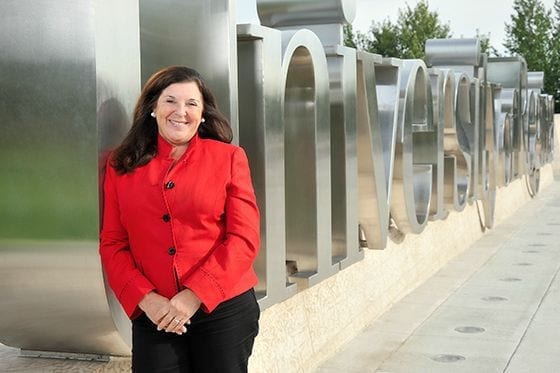Time again to talk about “Baby, It’s Cold Outside”

Another take on the controversial tune
The holidays are nearly here, bringing with them merriment, glad tidings, and the annual discussion of whether or not “Baby It’s Cold Outside” promotes coercion and rape. It’s a song that’s been around for 75 years now and has only really been under heat for the last 15. The earliest article I could find on the song was done by Canada’s National Post in 2004 where they spent their words critiquing the song based on political correctness. They later claimed that the article was a tongue-in-cheek joke, but it’s prompted over a decade of debate surrounding the song’s interpretations and has even led to radio stations like CBC pulling it from rotation to avoid association with the song’s perceived message.
John Legend and Kelly Clarkson came out with a parody of the song this year, making an effort to change the lyrics to show what should really be done when consent isn’t given. The song tells the story of Clarkson saying she should go and Legend calling her a ride, and them having a respectful, romantic conversation while she waits. There’s still flirting and banter, littered with lines like “it’s your body and it’s your choice,” really driving home the idea that even though his advances were turned down he’s still going to treat her as an equal and a friend while helping to make sure she gets home safe. Rape culture and incel ideology preach that women who turn down sexual advances have no worth (to put it mildly); rather than having an adult temper tantrum because he didn’t get his way, Legend still valued Clarkson after the fact which is a lovely example to have in this time.
SNL also took a jab at the song in their holiday special “Special Offer” by having the man (played by Kenan Thompson) dress in a Cosby-like sweater to reference Cosby’s sexual assault and rape allegations. When the woman (played by Tina Fey) sings “What’s in this drink?” Thompson as Cosby stutters on about it being “like a vitamin for when you’re bummed out,” which motivates Fey to quickly hand back the drink and leave amid shouts that he “only” wants to show her his penis. SNL has never shied away from boundaries or dark humour, and by comparing the male role to a convicted rapist they show quite clearly the common thoughts on the controversy.
The cultural interpretation of that line has done a 180-flip from the time it was written. Nowadays when you ask what’s in a drink it could mean everything from the drink being too strong, tasting suspiciously off (as if someone’s spiked/drugged it), or you just don’t recognize the mix. In a Tumblr post from 2017 a former English teacher under the screen name “bigbutterandeggman” posted a short analysis on what the line would’ve meant when it was written in the mid-‘40s. The teacher claimed that the line was “a stock joke at the time, and the punchline was invariably that there’s actually pretty much nothing in the drink, not even a significant amount of alcohol.” The joke was that the lady isn’t normally so bold, and in a time where it wasn’t socially acceptable for a woman to be bold about her needs she was jokingly blaming her bold behaviour on the lightly-poured drink.
“So it’s not actually a song about rape” further stated bigbutterandeggman, “in fact it’s a song about a woman finding a way to exercise sexual agency in a patriarchal society designed to stop her from doing so. But it’s also, at the same time, one of the best illustrations of rape culture that pop culture has ever produced. It’s a song about a society where women aren’t allowed to say yes . . . which happens to mean it’s also a society where women don’t have a clear and unambiguous way to say no.”
While the song interpreted through current societal norms absolutely sounds like it’s promoting coercion and rape, it’s actually more of a commentary on what happens when both parties want to have that interaction but women have no sexual agency. She sings of how grand the night’s been yet what she “ought” not to do, because in that time a woman staying overnight simply because she wanted to wasn’t seen as a good enough reason. Women were pressured to stay chaste and say no to every advance, even when they personally wanted to go through with it, and with the historical context it’s possible that the man was simply offering her excuses to give others when they would inevitably shame her about spending the evening.
The song from 1944 and this year’s parody have much the same message when interpreted through the time period in which they were written. The original depicts a woman who wants to stay the night but is painfully aware of the societal consequences, so the man is helping to provide reasons she could give as to why she stayed, because her simply wanting to won’t be a respected response. The parody depicts a woman who’s had a nice time and wants to go home, so the man respects that and helps to ensure she’ll get home safe while continuing to build their relationship. In the original song the woman is fighting against society’s expectations, and in the remake Legend fights the misogynistic pressures to react out of anger when rejected. I think in the original when the woman sings “I wish I knew how to break the spell,” she was really singing about breaking the patriarchy all along.







